SIR HAROLD EVANS HAD one of the most remarkable careers, plural, in journalism. One of them was at U.S. News. With his death, we lost a friend and a font of inspiration.
Harry’s infectious energy, sly wit, thirst for news and–most of all–his unyielding passion for the craftsmanship of journalism infused and improved our work for three decades.
“I was just talking to Kissinger…” he would begin breathlessly in his northern England accent as he burst into the office on spring-loaded legs. It would be the start of yet another idea for a story, an investigation, an insight for a writer on deadline, or maybe just a tidbit of gossip. All were brewing in Harry’s churning mind at all times.
He’d already had a remarkable career as the editor of the Sunday Times of London when he came to the U.S. in the 1980s. He married the legendary author and publisher Tina Brown in 1981. He became editorial director of U.S. News & World Report when Mort Zuckerman purchased it in 1984. He left for another career in book publishing, before returning in 1997. He also offered wise counsel to Mort and his editors on the New York Daily News, Atlantic Monthly and Fast Company.
Many of those were good years for print journalism and newsweeklies in particular. Copious ad pages funded big editorial budgets. Working with Mort, Harry helped revitalize the venerable U.S. News into formidable competition for Time and Newsweek. We broke big stories. We became a modern magazine. Known as a creator and adjudicator of fine language–one could learn much from his recent book, “Do I Make Myself Clear? Why Writing Well Matters”–Harry had an eye for the visual, arguing over photos and type-faces in search of a more alluring presentation. His work helped set the stage for some of U.S. News’ largest audience gains.
He wrote a regular column, succinct and graceful, that often touched on his reverence for America. He knew, and appreciated, more American history than many of his fellow native-born editors and writers. He began an homage to the Library of Congress: “Two hundred years ago, while the planters and lawyers and the rest secluded in Philadelphia entered the third year of their dreams and suspicions about the invention of America, the man who had written the opening lines for the drama was spending his every afternoon wandering the streets of Paris. He was looking for books.”
He valued the First Amendment as only a Fleet Street veteran who had been constrained by Britain’s punishing libel laws could appreciate. Commenting on a celebrated libel case, he wrote: “Judges and lawyers around the world have for two decades declared this distinction to be an American fad, a sophistry that no jury would have been able to understand. They have been proved wrong. It has been a demonstration of the American genius for checks and balances. A balancing of the public’s right to know against a duty of the press to seek the truth. That duty is not impaired by the jury’s verdict.”
He evoked the responsibility and satisfaction of journalism in this eloquent lead-in: “It has been a sad privilege for U.S. News & World Report to bring to America these last two weeks the first words of Andrei Sakharov since he was totally isolated in Gorky in May, 1984. The sadness lies in the anguish and deceit they reveal. Here is a lonely cry of pain, eerily delayed in the long night of Soviet suppression. The privilege is in being the link between the mind and soul of a fine man and the conscience of the world.”
And this clear-eyed warning about the danger of incomplete reporting: “The reality is that our view of the world is skewed, and political policy, responsive to public mood and especially the TV news footage, is hostage to half-truth. There were brave reporters in Lebanon, but the brutal nature of the PLO’s ministate in southern Lebanon never really came through. The searchlight glares on the errors of the open societies; and rightly for that is the nature of our faith. But when it does that, we would do well to remember the hoodlums in the shadows. In South Vietnam, the world’s press was free to roam and expose corruption and calamity. There was no such facility in North Vietnam, and all too readily it was assumed that the North possessed the mirror virtues of the vices exposed in the South.”
His second turn at U.S. News overlapped the slow but inevitable decline of the print magazine market. The craft of ink on paper, Harry’s craft, was dying. But faith in the DNA of quality journalism–whatever the form–needed support. Never an old dog, Harry saw the potential of the new world and embraced it. We all agreed that what mattered was the content, not the delivery system. But having the voice of a master to reassure us sturdied the spine. He reminded Mort, and all of us, why we had to maintain quality journalism. That red, white and blue logo meant something.
He was mostly off writing books the last 20 years–great books that celebrated American accomplishments–but remained a presence at U.S. News. Through our painful but ultimately successful transition from print to digital, Harry continued to be a reassuring voice. He would call to marvel when we launched one of our ranking projects with millions of data points on hospitals or colleges. “That’s powerful stuff. Keep it up.” He once said, “All this stuff you have on cars is fascinating. How do you do it?”
In 2004, Queen Elizabeth bestowed a knighthood on Harry for his services to British journalism, where he is widely acknowledged as the craft’s greatest editor.
And he wrote columns that ran in some of the last editions of the print magazine, and then in the new digital U.S. News Weekly, which debuted when U.S. News became a fully online publication. Ever adaptable, Harry relished the immediacy of a column that could be in readers’ hands an hour after he turned it in.
But ever the old newspaperman, he perpetually asked, “How many lines do I have?” only to be told that there is no line-count on the internet. That baffled him, in large part because he believed in the discipline of tight-writing. Any piece benefited from being judiciously trimmed.
He would surely have looked to trim this piece. “What’s your point?” he’d want to know.
Our point is that we’re going to miss a one-of-a-kind talented gentleman who helped teach us that old-school values still have a place in the new-school journalism.
























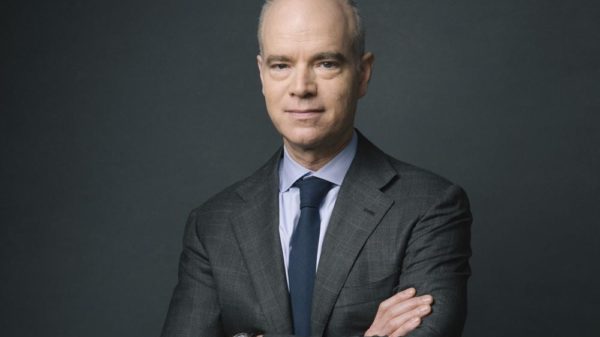

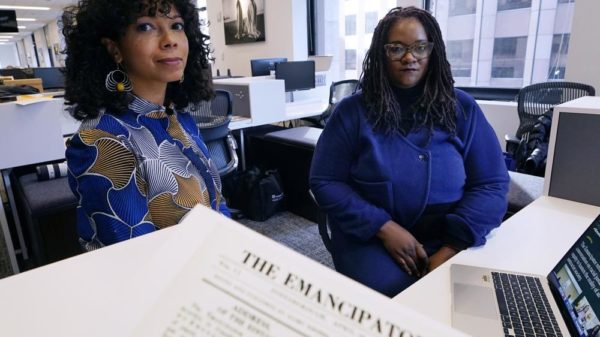
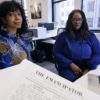
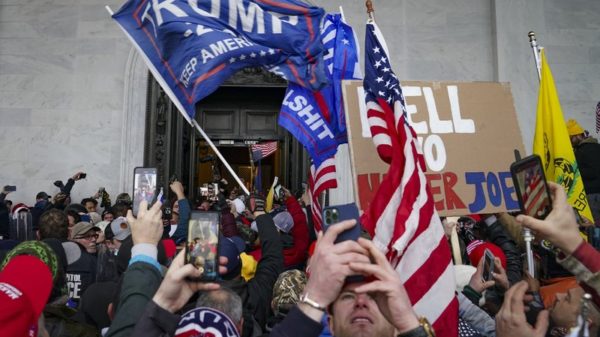
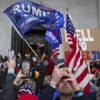
You must be logged in to post a comment Login